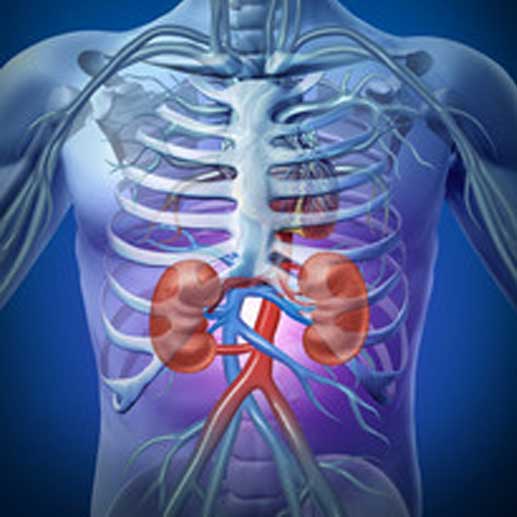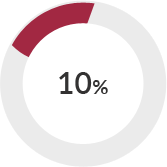SKI: Experts in Treating & Managing Kidney Disease
Serving patients since 1980, Southwest Kidney Institute (SKI) is one of the largest nephrology groups in the United States and is nationally recognized for renal care quality.
SKI provides a wide spectrum of services related to kidney disease including education, prevention, and treatment. Below is a list of some of the common conditions managed by SKI physicians:
- Acute renal failure
- Chronic kidney disease (CKD)
- End-stage renal disease (ESRD)
- Anemia of kidney disease
- Glomerulonephritis
- Polycystic kidney disease
- Hypertension
- Metabolic syndrome
- Pregnancy and renal disease
- Acid base disorders
- Electrolyte disorders
- Hematuria
- Proteinuria
- Kidney stones
- Kidney transplant

What is Chronic Kidney Disease?
Chronic kidney disease (CKD) is a gradual loss of kidney function that occurs over months or years and results in the buildup of waste products. It is generally caused by conditions that damage the kidneys, such as diabetes, high blood pressure and other disorders.
Progression of CKD can lead to renal failure and require dialysis and/or a kidney transplant. At SKI, our goal is to identify and treat CKD early to slow progression and keep it from getting worse.
What are the Symptoms of CKD?
Most patients will not have severe symptoms until CKD is advanced. Early symptoms of CKD include:
- Dry itchy skin
- Feeling more tired and having less energy
- Muscle cramping at night
- Needing to urinate more frequently, especially at night
- Poor appetite
- Puffiness around the eyes, especially after waking up
- Swollen feet and ankles
- Trouble concentrating
- Trouble sleeping
If you are consistently experiencing one or more of these symptoms, contact your primary care provider or schedule an appointment with a SKI physician.

What are the Stages of CKD?
To determine how well your kidneys are functioning, your SKI nephrologist will calculate the Glomerular Filtration Rate (GFR), which is derived from your blood creatinine, your age, race, gender and other factors. The GFR determines the stage of kidney function, of which there are five.
Stages of Chronic Kidney Disease
GFR
Kidney Function
Stage 1
Kidney damage with normal kidney function
> 90 mL/ min

Stage 2
Kidney damage with mild loss of kidney function
60 – 89 mL/ min

Stage 3a
Mild to moderate loss of kidney function
45 – 59 mL/ min

Stage 3b
Moderate to severe loss of kidney function
30 – 44 mL/ min

Stage 4
Severe loss of kidney function
15 – 29 mL/ min

Stage 5
Kidney failure
< 15 mL/ min




